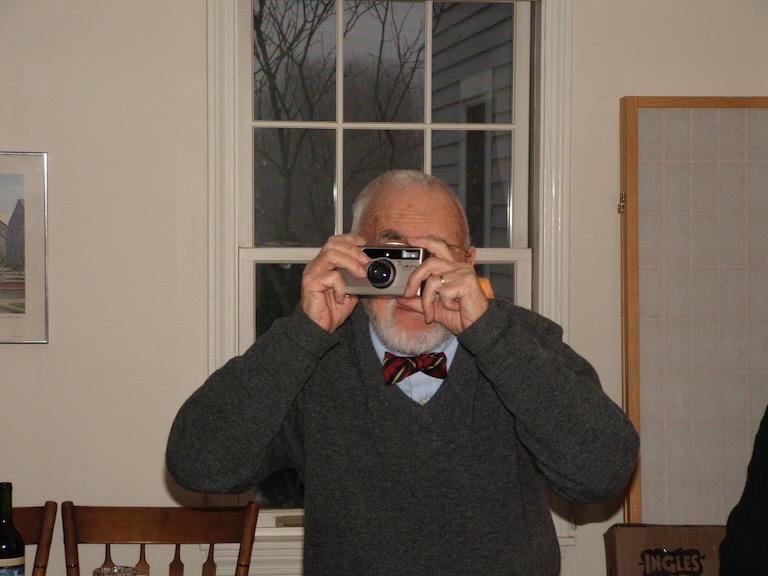After more than two years of
successfully dodging it,
COVID-19 finally hit
my family the week. On Tuesday my wife woke up with a migraine, which isn't
unusual for her; on Wednesday morning, she woke up with a low (100.4°F
fever) and we belatedly realized that she might be sick. She took an antigen
test and the TEST line turned blue basically instantly.
Shit.
Quarantine ensued. Isaac (our son) has been home from school and we've all been
cooped up on the property for the past few days.
So far, Isaac and I have continued to be symptom-free and testing negative on
antigen tests. I also got one PCR (so far) which was negative. We've been
trying to isolate as much as possible, but Eva and I both have full-time jobs,
and Isaac can't go back to day care until this nightmare is over, so there's
only so much we can do — we also have a relatively small house which doesn't
have any tightly-closing inside doors. Both of us adults have been wearing N95
masks whenever awake, and we have HEPA air purifiers running in
whatever rooms we happen to be occupying.
Eva is fully-vaccinated and has had mild symptoms (runny nose, low fever, etc),
but she still is very strongly positive on antigen tests; hopefully she'll
recover in the next few days, and then Isaac and I can get PCRs, and then he can
go back to school, and then in a few weeks he can finally get
vaccinated, and then we'll be done with this... at least, for a little
while...
In the meantime, I'm left wondering why Eva got sick and I didn't. It's not
like she's gone anywhere I haven't. Is my immune system just stronger — did we
both get exposed, and I happened to produce some overwhelming immune response?
Or did I just happen to dodge whatever breath carried the disease, and every
second I spend in this household is another chance of exposure?
We're, of course, extremely lucky to have made it two years without anyone in
this household (or our parents or siblings) getting sick, and we're lucky that
neither of us is seriously ill, but damn if this isn't annoying.
Some more reading, if you're in a COVID mood:
À bientôt.

